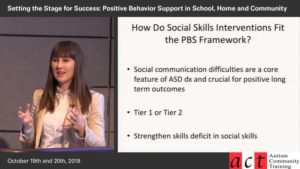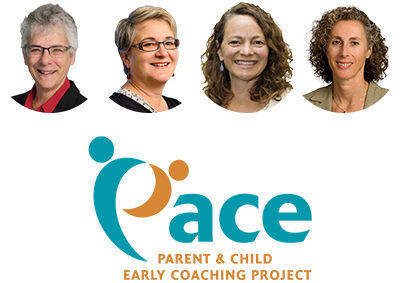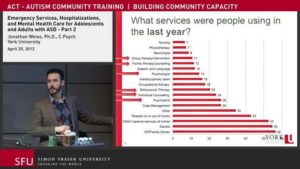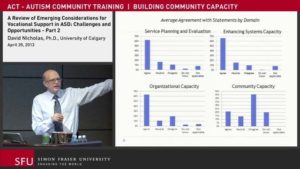Presented by Morénike Giwa Onaiwu, PhD (she/they)
Global advocate Dr. Morénike Giwa Onaiwu presents on “Neurodiversity 101” & “Autism Acceptance”. These two presentations incorporate research, community-led efforts, nomenclature, and lived experiences via an intersectional lens.
Learning Objectives:
- Identify practical, inclusive strategies for communicating about autism that will aid in cultivating acceptance and empowerment
- Learn key principles of neurological diversity, including an overview of neurodiversity and neurodivergence, the neurodiversity movement, and related concepts
- Analyze hallmarks of autism within the neurodiversity paradigm, including strengths and challenges
- Explore strategies for reciprocal, respectful connection across neurotypes
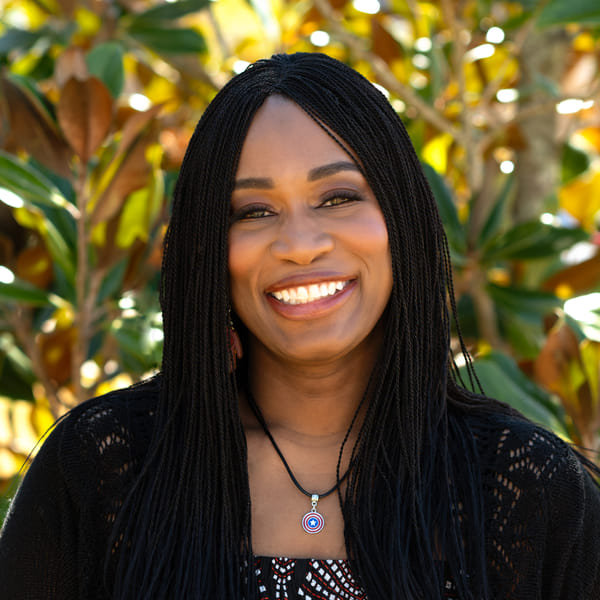
Part 1: Autism Acceptance
The session focuses on neurodiversity and autism acceptance, emphasizing resource sharing and diverse perspectives. It highlights the importance of comfort and accessibility, discussing the five Cs of accessibility. A strength-based approach is advocated, recognizing the positive traits of neurodivergent individuals. The discussion also addresses the significance of language in identity, challenges in obtaining accommodations, and the disparities faced by disabled individuals in education and healthcare.
Resources from this presentation
- Website Link: What is Neurodiversity?
- Website Link: Star Institute Sensory Health
- Website Link: Amy Sequenzia
- Website Link: Amy Sequenzia “Celebrating my life”
- Website Link: Dr. Mary Doherty EUCAP
- Website Link: Dr. Mary Doherty autistica
- Book: Sincerely Your Autistic Child, Edited by Emily Piage Ballou, Sharon daVanport, and Morénike Giwa Onaiwu
- Book: Autistic Community and the Neurodiversity Movement – Stories from the Frontline Edited by Steven K. Kapp
- Book: Developments in Neuroethics and Bioethics
- Wikipedia Resources: Damian Milton & “The Double Empathy Problem”
- Website Link: Dr Jamie Pearson Bio & Faces for Autism
- Website Link: Centering the Inner Experience of Autism: Development of the Self-Assessment of Autistic Traits
- Website Link: Building Neurodiversity-Inclusive Postsecondary Campuses: Recommendations for Leaders in Higher Education
- Website Link: A scoping review of supports on college and university campuses for autistic post-secondary students
- Website Link: Supporting Autistic Adults in Postsecondary Settings: A Systematic Review of Peer Mentorship Programs
- Website Link: Ballastexistenz Mel Baggs
- Website Link: amy sequenzia
Part 2: Neurodiversity 101
Neurodiversity and autism acceptance are crucial topics that emphasize personal accountability and accessibility. The five Cs—comfort, cooperation, communication, connection, and consideration—are essential for effective presentations. The discussion highlights the emotional challenges faced by neurodivergent individuals and the importance of family support. It also addresses the need for inclusive education and the complexities of social interactions, particularly for parents navigating these experiences.
Resources from this presentation
- Youtube Video: “Carly’s Café – Experience Autism Through Carly’s Eyes”
- Youtube Video: “Neurodiversity Awareness Day – Hari Srinivasan”
- Book: “For the Love of Autism”
- Website Link: “Autism Hero Project”
- Website Link: “Aidan Lab”
- Website Link: Rowan University: Autism PATH Program
- Website Link: Rowan University: Center for University
- Website Link: Adapt Coaching and Training
- Website Link: Heather Brown


